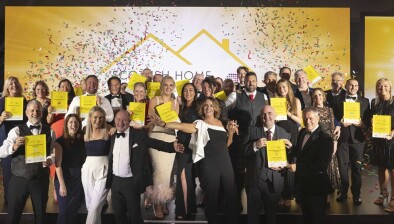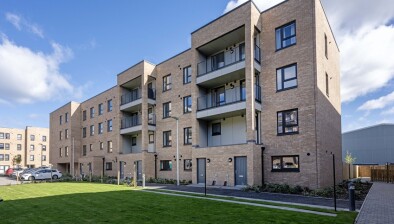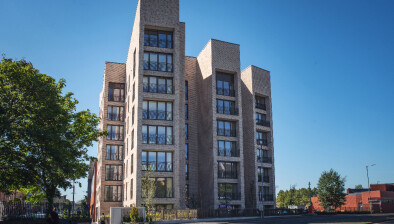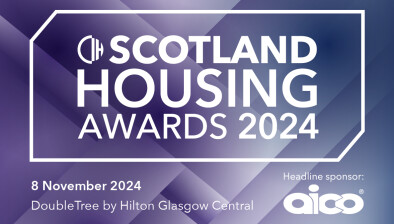Edinburgh approves new Passivhaus homes and early learning centre in Broughton
Proposals to regenerate a council-owned site in Broughton have been approved by the City of Edinburgh Council.

Located just north of the city centre, the City of Edinburgh Council’s Powderhall project will be one of the first of its kind in Scotland comprising an early learning and childcare centre as well as 27 council homes for the elderly that are contained within a single, ‘intergenerational’ building.
Up to 128 spaces for children between the ages of 2-5 will be created for the local community, with Broughton Primary School managing day-to-day operations, whilst all of the homes will be fully wheelchair-adapted with accessibility supported via two lifts and storage for mobility scooters.
A multi-purpose room will be available to the public via the school lets system alongside the creation of civic space and improvements to St Mark’s Path for use by the wider community.
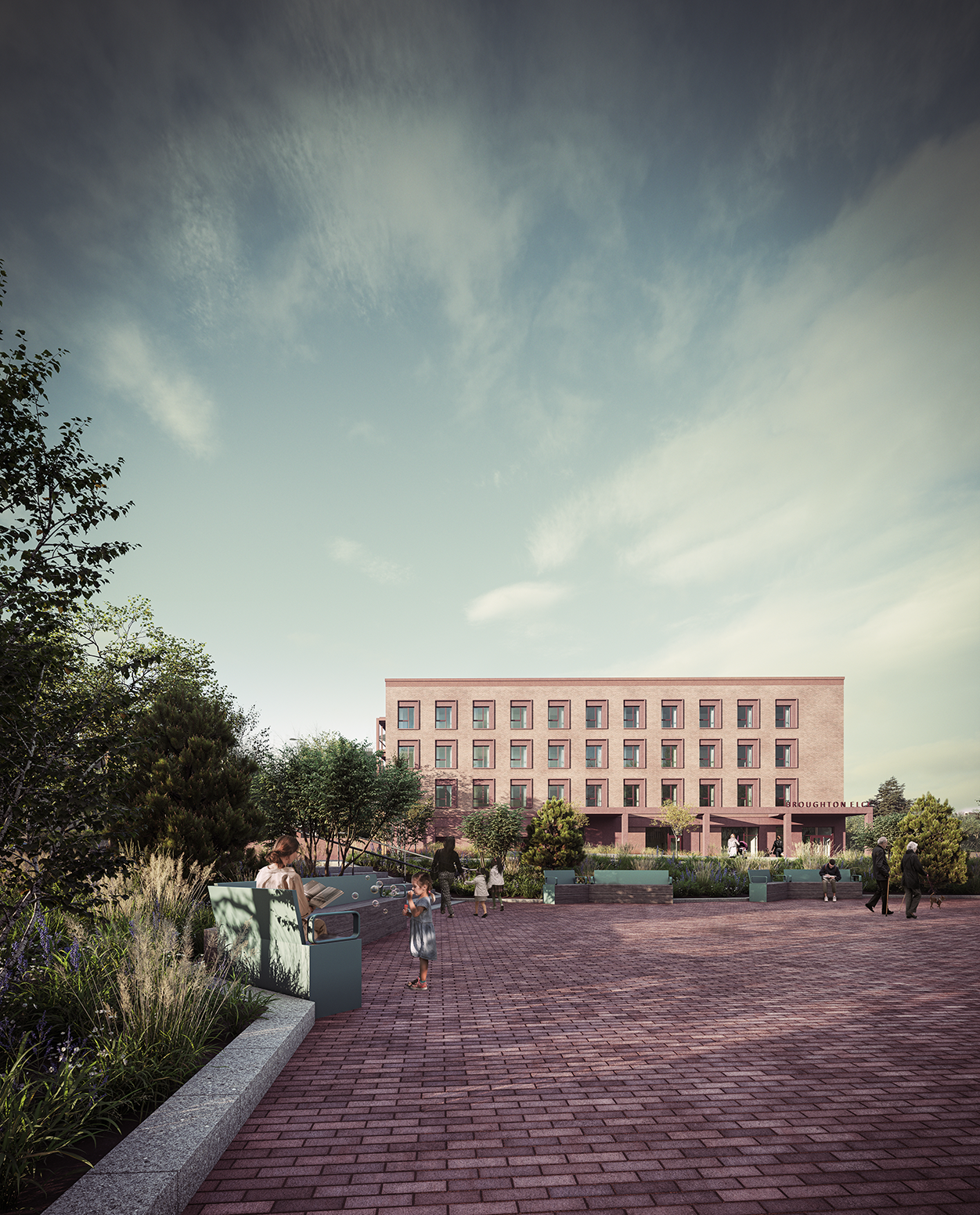
The development has been designed by Collective Architecture and will be constructed by CCG (Scotland).
Planning convener Cllr Neil Gardiner said: “The application, unanimously approved by committee, was for the next phase of our regeneration of the Powderhall area providing quality integrational development comprising early years education and much needed accessible housing set in landscaped grounds as well as improvements to St. Mark’s Path and two new squares.
“Work to redevelop Powderhall Stables in the wider development has started to deliver a mix of individual studios and co-working spaces aimed at microbusinesses, supporting dozens of jobs.”
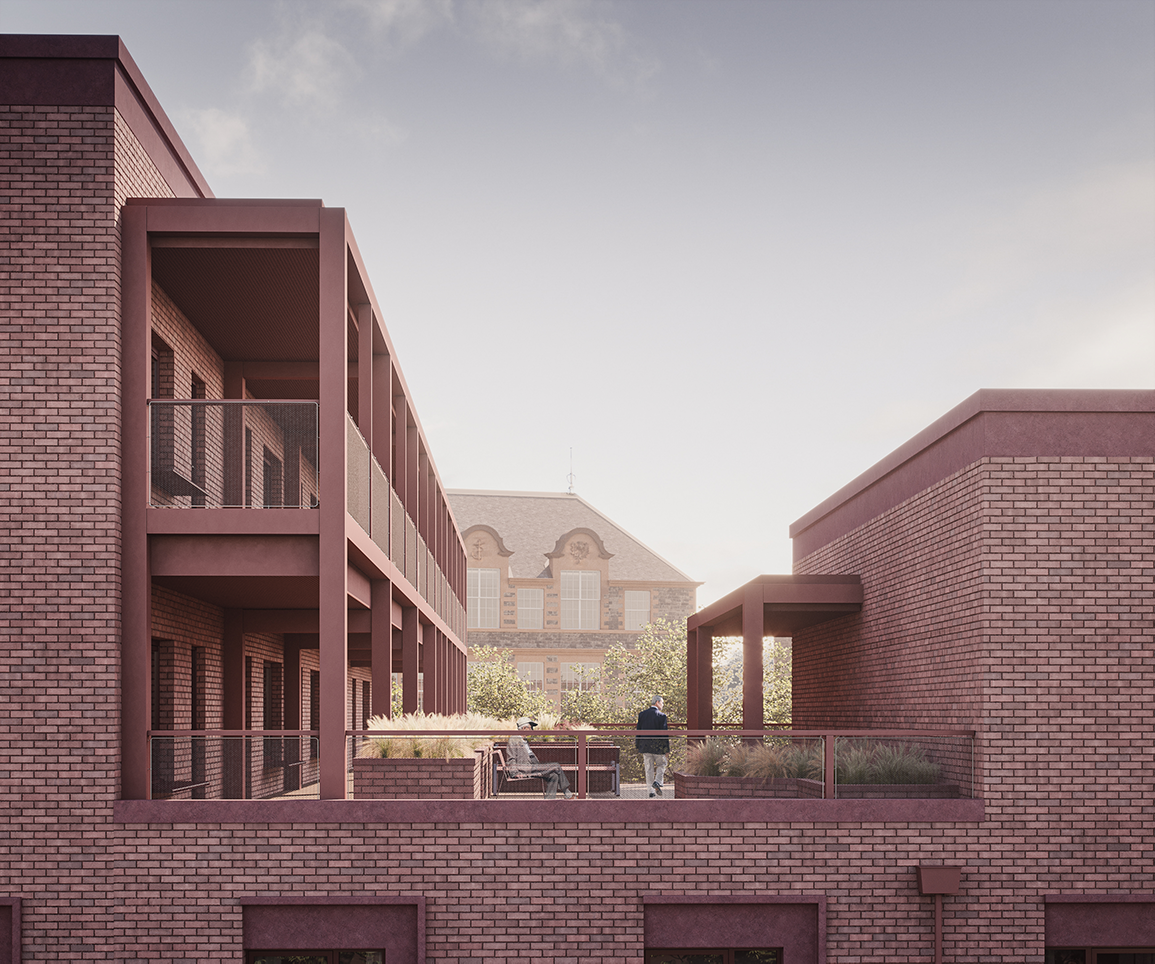
Powderhall is set to be the first housing development created by the City of Edinburgh Council to a Passivhaus standard of build. One of the most advanced of its kind in the UK, enhanced specification - including the use of thicker insulation, triple-glazing and advanced construction processes – delivers vastly improved levels of airtightness.
Through this enhancement, Passivhaus homes requires very little heat which significantly reduces energy demand, thus, generating lower energy bills for the resident. The addition of renewable technology, such as solar panels and air source heat pumps, means the building will be net zero carbon and as a result will have no carbon emissions from its use.
CCG managing director, David Wylie, said: “Providing access to early learning education as well as creating more homes for the elderly are at opposing ends of our societal agenda but they are both a top priority in helping to support Scotland’s communities and our wider economy. To combine both into an integrational building is a unique concept and an exciting challenge for the project partners whilst delivering the council’s first Passivhaus project is a key milestone in our affordable housebuilding partnership. We look forward to commencing works at Powderhall next year.”
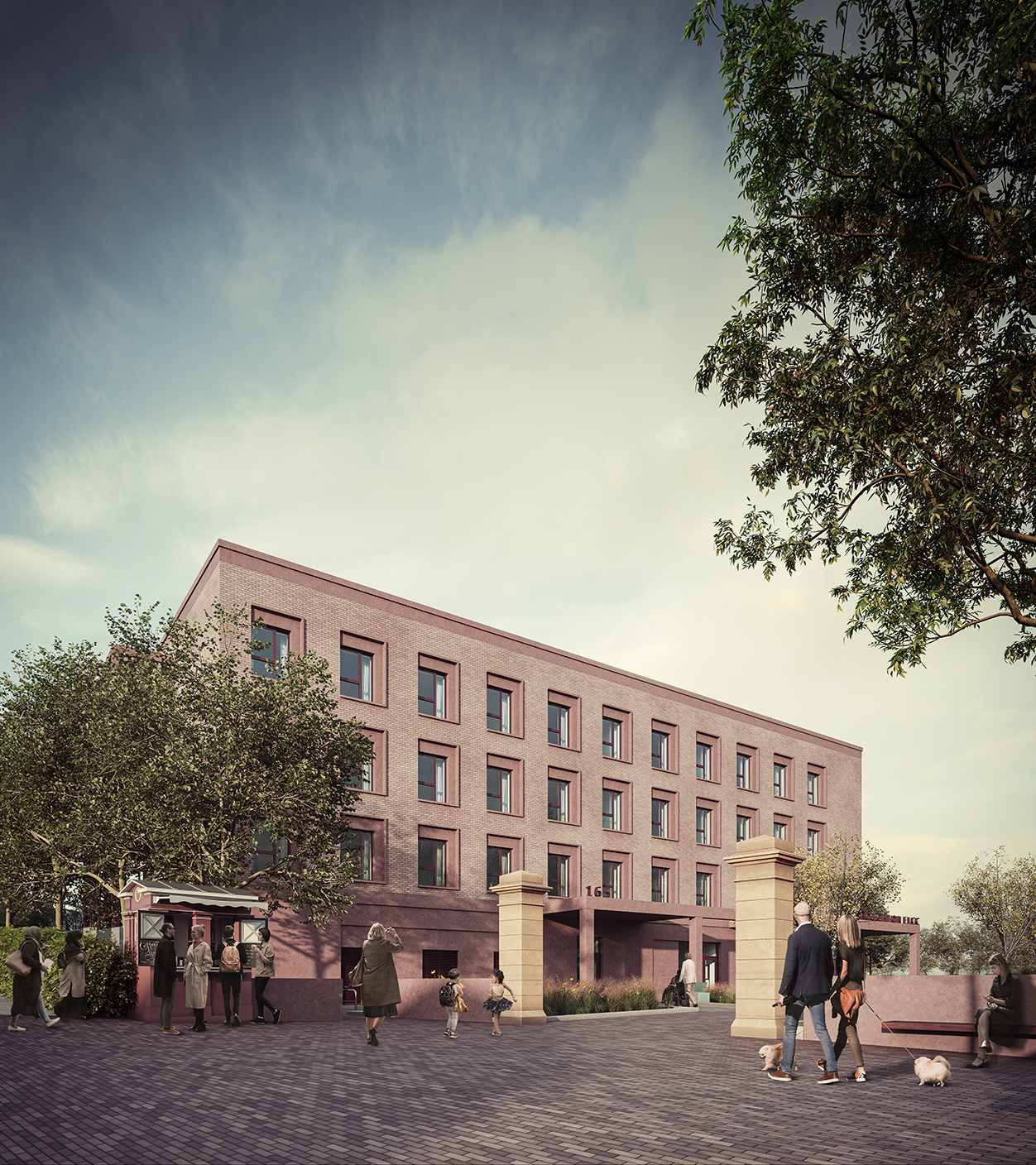
Nicola McLachlan, project architect from Collective Architecture, said: “The project receiving planning is a tremendous milestone and takes the next step towards contributing to the City of Edinburgh Council’s target of becoming a net zero carbon local authority, and the adoption of the Passivhaus Standard ensures this is a tangible aspiration. In addition to Passivhaus and the proposed renewable technologies, sustainability has been considered throughout the project from the co-location of services and the shared building elements, to the reduction of embodied carbon by incorporating a circular strategy.
“Furthermore, there are many benefits for the client and end users of this project which are provided by the intergenerational approach and in striving to achieve the Passivhaus Standard. Some of these will be felt immediately, while others such as long-term health improvements and access to a high-quality learning environment will be experienced for generations to come.”
Construction at Powderhall is set to commence in summer-2022.





